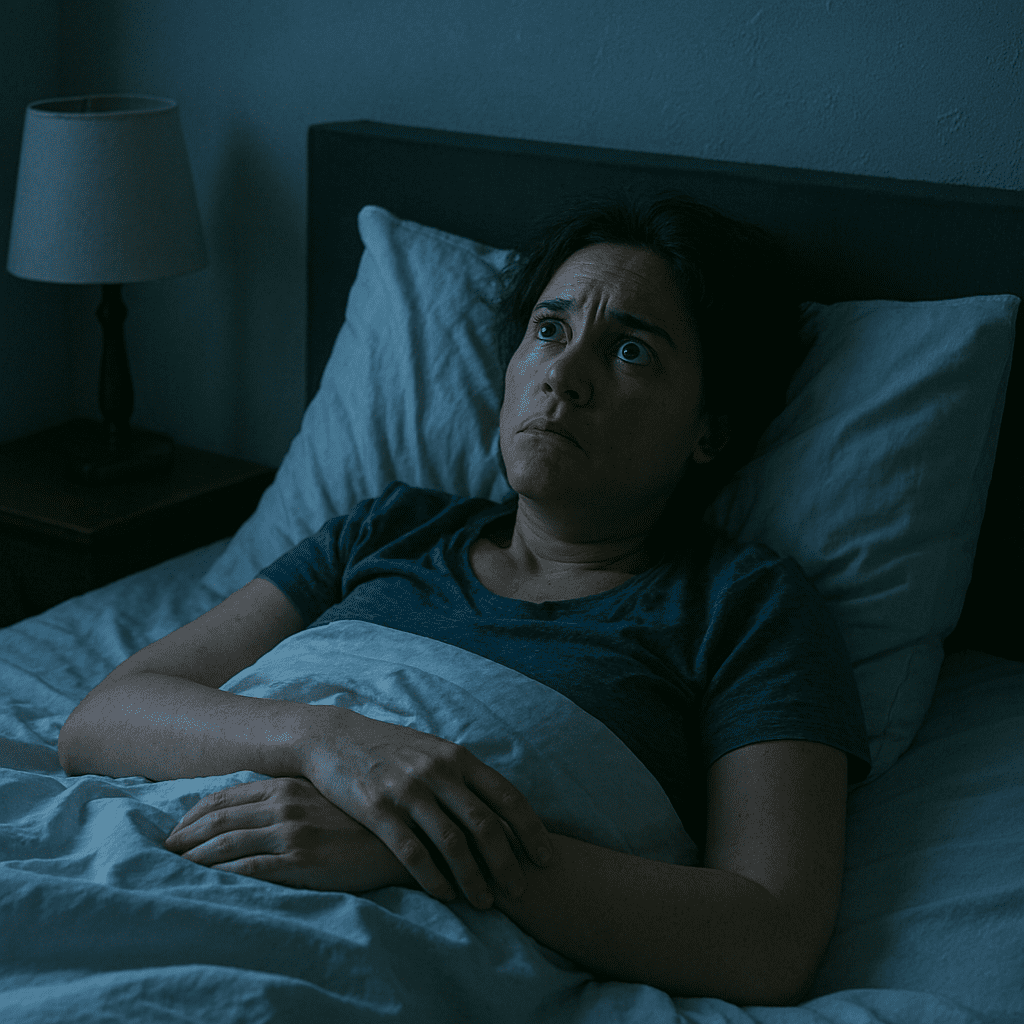
Sleep Disorders that Affect Mental Health
Sleep is not just a period of rest—it is a crucial biological process that restores the body and mind. Unfortunately, millions of people worldwide struggle with sleep disorders that affect Mental Health but also disrupt physical health but also have a profound impact on mental well-being. Poor sleep can lead to irritability, mood swings, anxiety, depression, and in severe cases, even cognitive decline. Understanding the link between sleep and mental health is key to maintaining a balanced and healthy life.
The relationship between sleep disorders and mental illnesses
When I give talks to my colleagues in psychiatry, I ask them, “How many of you have patients who are struggling with mental health and don’t have any sleep troubles?” Almost none of them raise their hands. But they all raise their hands when I flip the question and ask, “How many of you have patients who have mental health issues and trouble with sleep?”
Changes in natural sleep patterns can lead to several types of sleep disorders. And as we’ve seen in numerous studies, sleep disorders are highly likely to appear in several forms of mental illness. It’s a circular relationship that can make treatment challenging – but not impossible.
you may also like https://thrievly.com/sattvic-diet-a-path-to-purity-and-balance/
🌙 Common Sleep Disorders
- Insomnia – Difficulty falling asleep or staying asleep.
- Sleep Apnea – Breathing interruptions during sleep.
- Restless Legs Syndrome (RLS) – Uncomfortable sensations in the legs causing disrupted sleep.
- Narcolepsy – Sudden, uncontrollable sleep episodes during the day.
- Circadian Rhythm Disorders – Misalignment of sleep cycles due to shift work or jet lag.
🧠 How Sleep Disorders Affect Mental Health
- Mood Disturbances
- Sleep deprivation increases irritability, anger, and emotional sensitivity.
- Chronic insomnia often coexists with depression and anxiety.
- Cognitive Decline
- Poor sleep affects concentration, decision-making, and memory.
- Long-term sleep loss increases the risk of dementia and Alzheimer’s.
- Stress & Anxiety
- Lack of rest heightens the body’s stress response.
- Overthinking and racing thoughts worsen sleep quality, creating a vicious cycle.
- Depression & Emotional Health
- People with persistent insomnia are more likely to develop depression.
- Sleep apnea is strongly linked to mood disorders due to oxygen deprivation.
- Impact on Daily Functioning
- Fatigue reduces productivity, motivation, and focus.
- It increases the risk of accidents, poor academic performance, and strained relationships.
you may also like https://thrievly.com/ayurvedic-diet-eating-according-to-your-dosha/
🌱 Tips to Improve Sleep and Mental Health
- Follow a consistent sleep schedule (go to bed and wake up at the same time daily).
- Create a calming bedtime routine (reading, meditation, light stretching).
- Limit caffeine, alcohol, and screen use before bedtime.
- Ensure your bedroom is quiet, dark, and comfortable.
- Seek professional help if you suspect a sleep disorder (sleep study, therapy, or medical treatment).
Conclusion
Sleep and mental health are deeply interconnected. A good night’s rest can improve mood, sharpen memory, reduce stress, and boost overall well-being. On the other hand, untreated sleep disorders can gradually erode mental stability and lead to serious psychological issues. Prioritizing sleep hygiene and seeking timely treatment is essential for a healthier mind and body.



